
OR
India’s Supreme Court upholds government’s decision to remove disputed Kashmir’s special status
Published On: December 11, 2023 04:50 PM NPT By: Associated Press
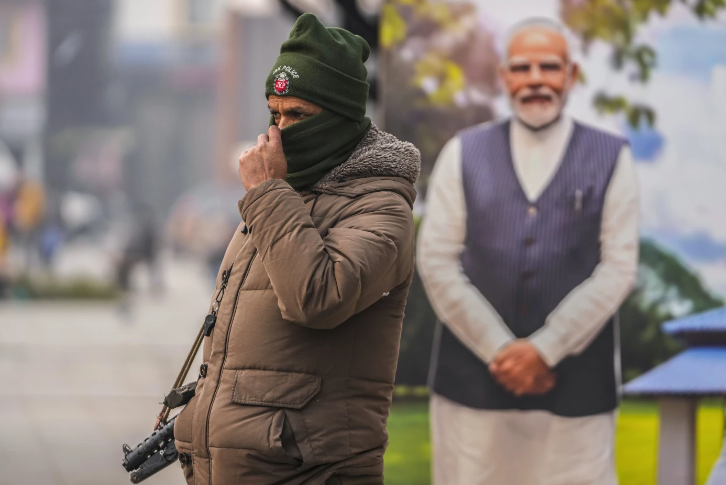
SRINAGAR, India (AP) — India’s top court on Monday upheld a 2019 decision by Prime Minister Narendra Modi’s government to strip disputed Jammu and Kashmir’s special status as a semi-autonomous region with a separate constitution and inherited protections on land and jobs.
The five-judge constitutional bench of the Supreme Court ruled that the region’s special status had been a “temporary provision” and that removing it in 2019 was constitutionally valid.
The unprecedented move also divided the region into two federal territories, Ladakh and Jammu-Kashmir, both ruled directly by the central government without a legislature of their own. It was the first time in the history of India that a region’s statehood was downgraded to a federally administered territory.
As a result, the Muslim-majority region is now run by unelected government officials and has lost its flag, criminal code and constitution.
But Chief Justice Dhananjaya Yeshwant Chandrachud said the government has promised to restore Jammu-Kashmir’s statehood and should do so as soon as possible. Ladakh, however, will remain a federal territory.
He also ordered the country’s election commission to hold local legislative polls in the region by next Sept. 30.
The ruling is expected to boost the electoral prospects of Modi’s governing Hindu nationalist Bharatiya Janata Party in national polls next year. The 2019 move resonated in much of India, where the Modi government was cheered by supporters for fulfilling a long-held Hindu nationalist pledge to scrap the Muslim-majority region’s special status.
But the judgment will disappoint many in Kashmir, including the region’s main pro-India Kashmiri politicians who had petitioned the Supreme Court to reverse the deeply unpopular decision, which was imposed under an unprecedented security and communication clampdown that lasted many months.
When Britain divided its Indian colony into a Hindu-majority India and a Muslim-majority Pakistan in 1947, the status of what was then the princely state of Jammu and Kashmir was left undecided. India and Pakistan soon began a war over Kashmir, which ended with both countries controlling parts of the territory, divided by a heavily militarized frontier.
A 1948 United Nations resolution called for a referendum in Kashmir giving the territory’s people the choice of joining either Pakistan or India, but it never happened. The part of Kashmir controlled by India was granted semi-autonomy and special privileges in exchange for accepting Indian rule.
But Kashmiri discontent with India started taking root as successive Indian governments breached the pact of Kashmir’s autonomy. Local governments were toppled one after another and largely peaceful movements against Indian control were harshly suppressed.
Kashmiri dissidents launched a full-blown armed revolt in 1989, seeking unification with Pakistan or complete independence. Tens of thousands of civilians, rebels and government forces were killed in the conflict.
New Delhi insists the Kashmir militancy is Pakistan-sponsored terrorism, a charge Islamabad denies. Most Kashmiris consider it a legitimate freedom struggle.
Soon after the 2019 move, Indian officials began integrating Kashmir into the rest of India with multiple administrative changes enacted without public input, including a controversial residency law that made it possible for Indian nationals to become permanent residents of the region.
Many Muslim Kashmiris view the changes as an annexation, saying new laws were designed to change the region’s demography. Members of minority Hindu and Buddhist communities initially welcomed the move, but many of them later expressed fear of losing land and jobs in the pristine Himalayan region.
In New Delhi’s effort to shape what it calls “Naya Kashmir,” or a “new Kashmir,” the territory’s people have since been largely silenced, with their civil liberties curbed and media intimidated, as India has shown no tolerance for any form of dissent.
The court’s hearings began in August and included extensive arguments and discussions on the move’s constitutional validity. The court simultaneously also heard a series of petitions that challenged the special status granted to the region after its accession with newly independent India in 1947. Such petitions were filed before the 2019 changes.
The petitioners had said authorities used its majority in the parliament to bring the changes and called it an attack on federalism and a fraud against the Indian constitution. The government had argued that the decision was necessary to wipe out militancy and anti-India sentiments and completely integrate the territory into the Union of India.
Monday’s verdict said the region’s special status was “a feature of asymmetric federalism and not sovereignty” and that the region “surrendered its complete sovereignty with the merger” into the union of India.
You May Like This
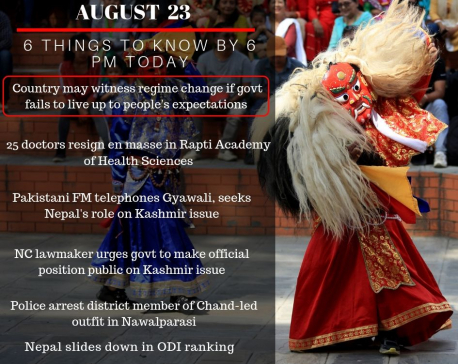
Aug 23: 6 things to know by 6 PM today
Your daily dose of missed important news of the day. ... Read More...
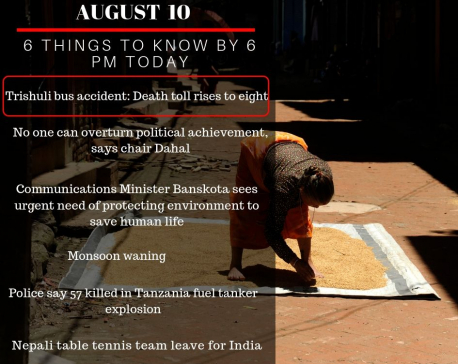
Aug 10: 6 things to know by 6 PM today
Your daily dose of missed important news of the day. ... Read More...

India expresses sorrow over loss by devastating thunderstorm
KATHMANDU, April 2: India has expressed sorrow over the loss of life and damage to property in the devastating thunderstorm... Read More...



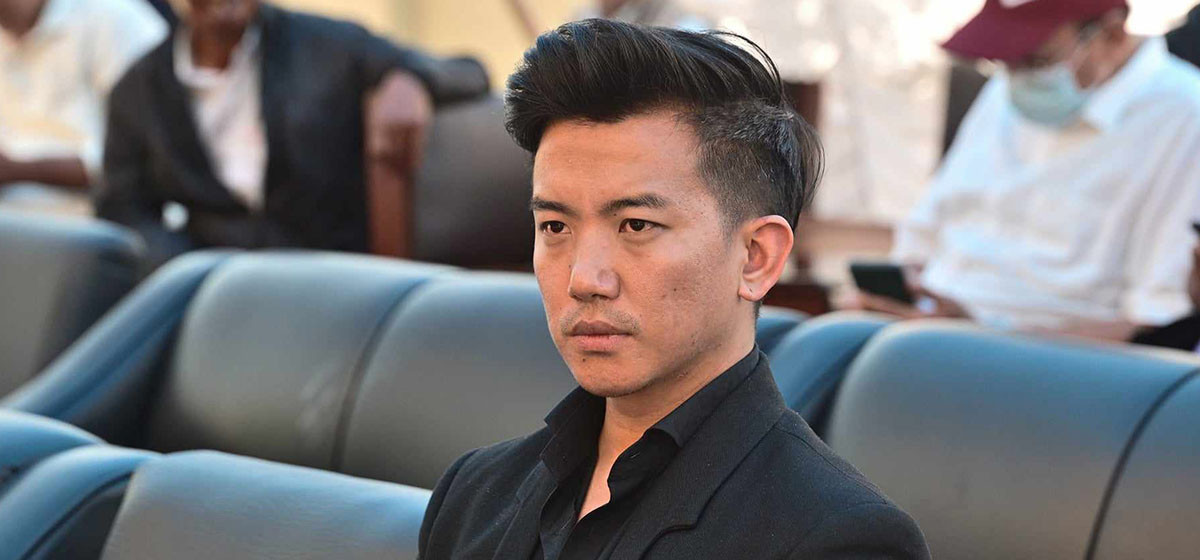
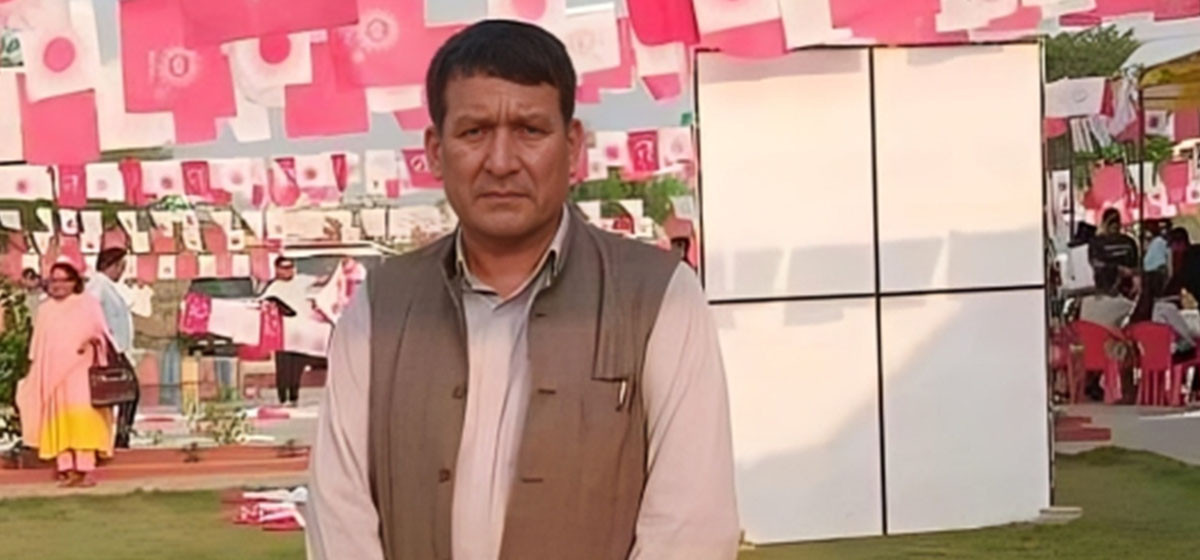

Just In
- Ilam-2 by-election: UML’s Nembang leads by 4,523 votes
- UML’s Bhandari secures victory in Bajhang-1 by-election
- CIB probe into fake DL distribution case: PMO pressures public prosecutor to free arrested govt employees
- Police report one death in Bhojpur jeep accident
- Nepal faces Bangladesh Red in int'l U-19 Volleyball Championship final
- Nepal Investment Summit: Two organizations sign MoU for PPP cooperation
- Sita Air flight to Ramechhap returns to Kathmandu due to hydraulics issue
- Man found dead in Dhanusha



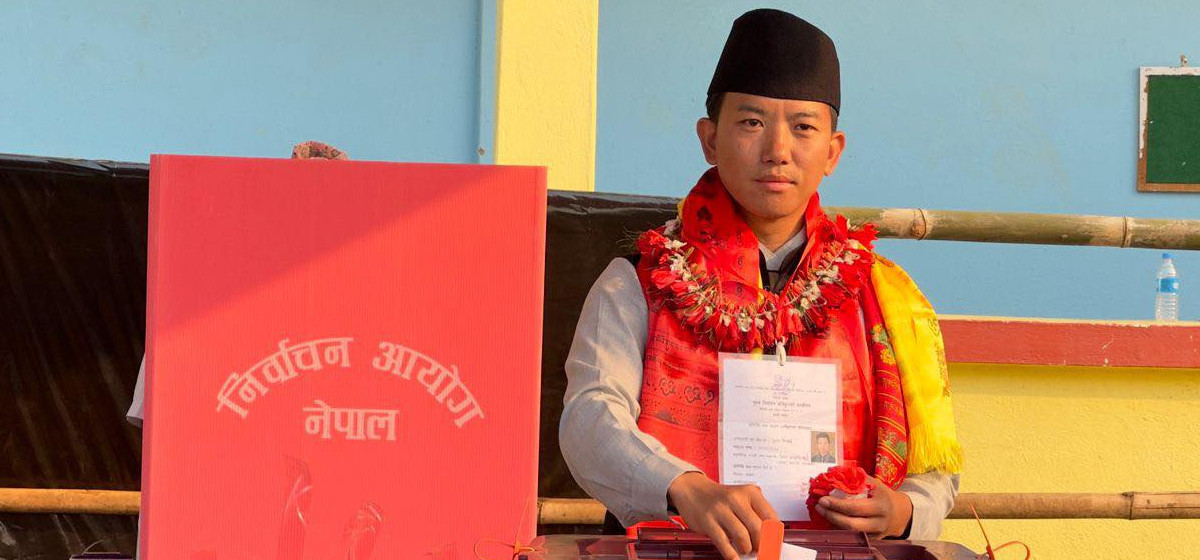

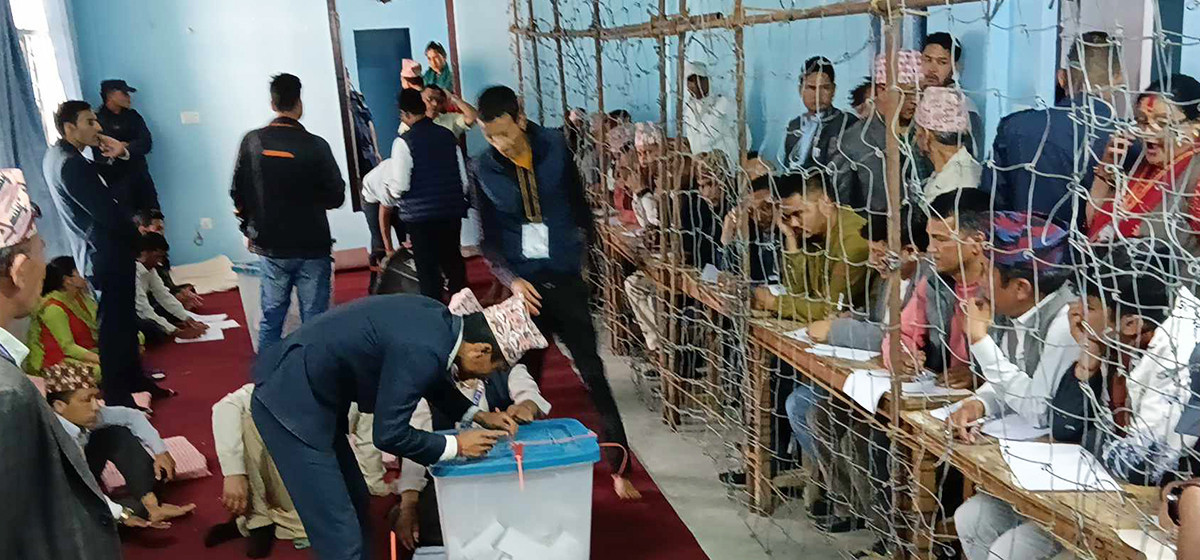


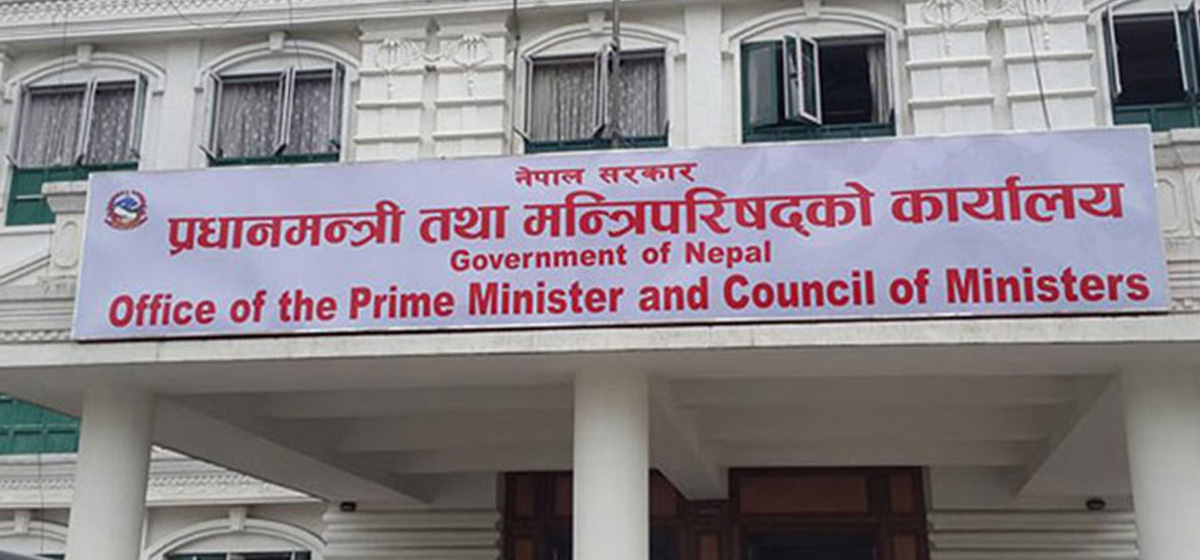


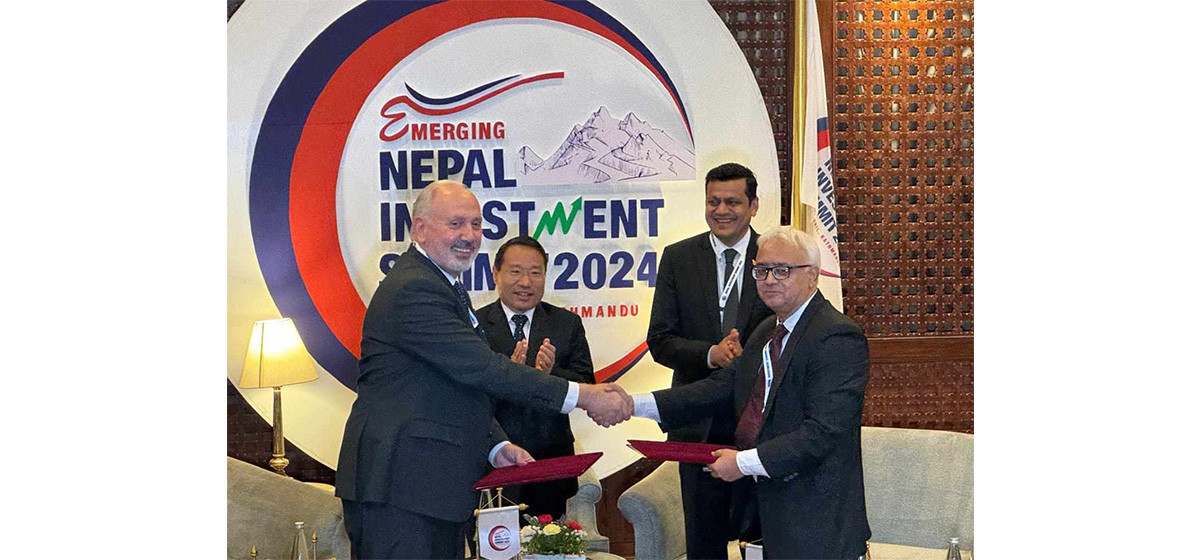

Leave A Comment